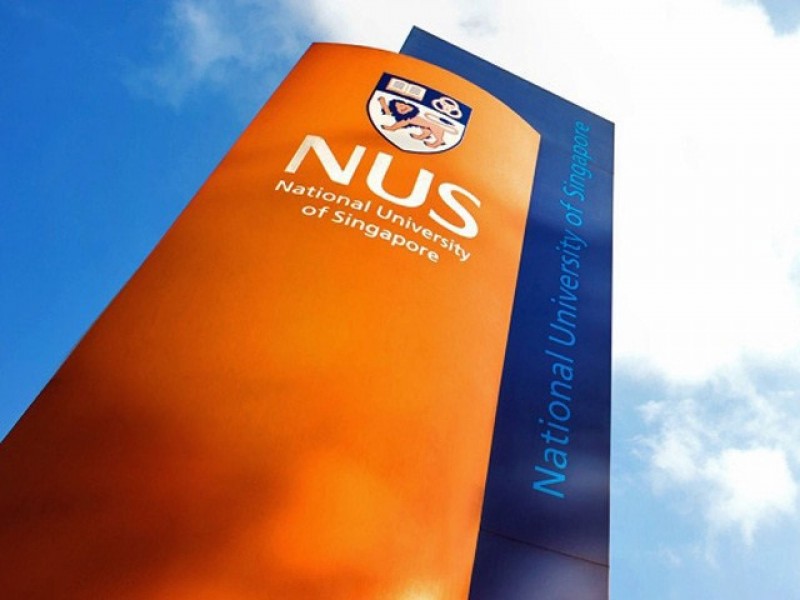Students entering the National University of Singapore’s (NUS) faculty of arts and social sciences this year will go through a revised curriculum that will give them more leeway to customise their undergraduate education.
The changes aim to offer more choice to the students beyond their majors and equip them with core writing skills, said Professor Brenda Yeoh, dean of the faculty, at a roundtable discussion yesterday on the value of studying humanities and social sciences.
The changes, part of the faculty’s first major curriculum revision in more than a decade, include allowing students to benefit from its diverse subject offerings and recognising their work on internships.
Freshmen – 1,600 of them – can now take fewer modules in their major, and instead opt for two more unrestricted elective modules that fall outside their specialisation if they wish. This also frees up more time for them to go for stints under the NUS Overseas Colleges or other programmes without needing to extend their studies by six months to a year.
Double major students will also benefit – overall, they now have three fewer modules to complete, allowing them to graduate on time.
In the 2015 academic year, 113 students at the faculty did a second major, compared with 60 in 2012.
Prof Yeoh said these changes will give students more space to explore their interests and take advantage of what the faculty has to offer.
Close to 90 years after its founding, the faculty has grown from offering three majors – English literature, geography and history – to having a total of 20 today, she said.
Internships will also play a larger role, with students being able to earn up to three modules’ worth of credits for work attachments during the semester or holidays.
Currently, such work stints are compulsory only for students who major in social work. But Associate Professor Loy Hui Chieh, the faculty’s vice-dean of external relations and student life, said more students are going on internships, even without being able to earn any credits. About 800 of them did internships in the 2015 academic year, up from 600 the year before
From this new academic year, students will also need to take two new modules to be trained in academic writing and public writing skills in their first year.
Acting Minister for Education (Higher Education and Skills) Ong Ye Kung, who was the guest of honour at the discussion, said a humanities and social sciences education is important for Singapore’s economy, public policy and society. “Technology, robotics and artificial intelligence – they are very cool, they are changing the world – but the revolution is as much social as it is technological.”
He also said that many areas of public-policy design tap applied behavioural economics, and that humanities scholars are “well placed to understand the complex and cross-disciplinary nature of the problems of our society”.
About 300 NUS students, teachers and students from junior colleges, employers and alumni attended yesterday’s event.
(Article source:http://www.straitstimes.com/singapore/education/more-flexibility-for-nus-arts-and-social-sciences-freshmen)


